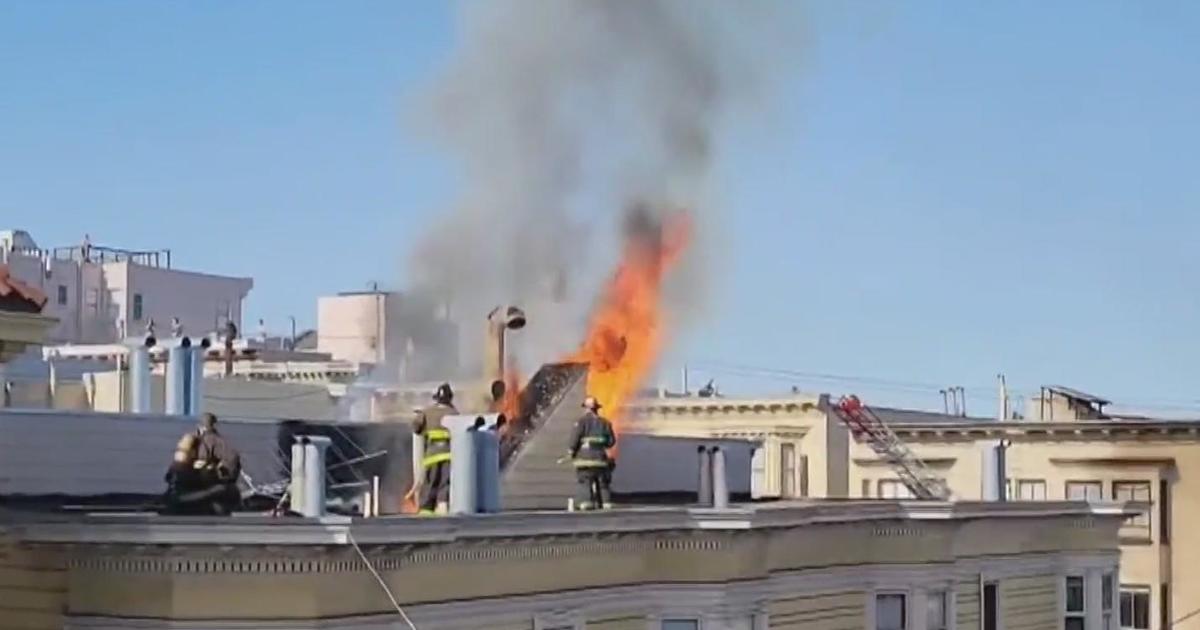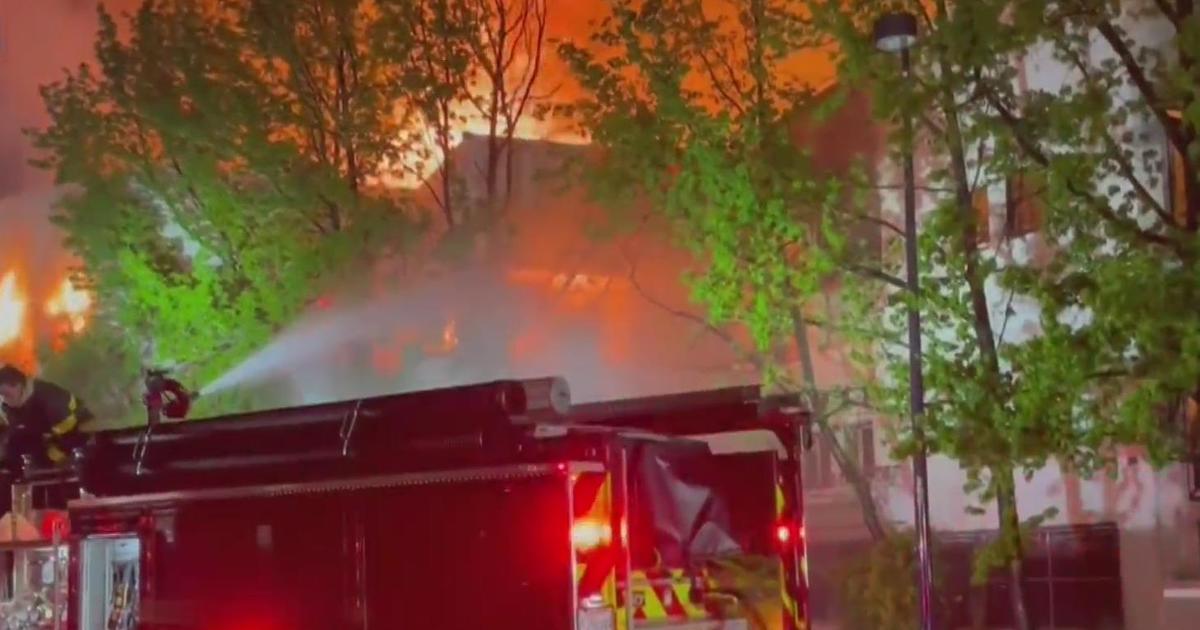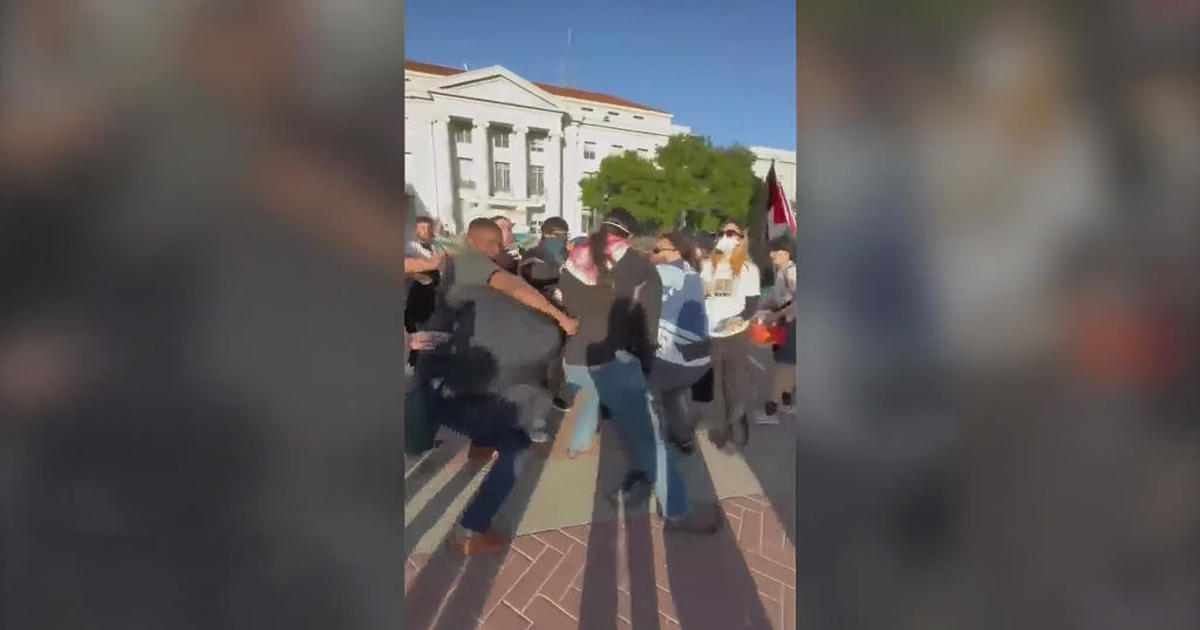SCU Lightning Complex Update: 'Fire To Fight Fire' In Henry Coe State Park; Gusty Winds, Low Humidity Challenge Crews
MORGAN HILL (CBS SF) -- While improving weather conditions helped firefighters expand the containment of the massive SCU Lightning Complex fires to 35 percent overnight, a change in the weather forecast for later Thursday could create new challenges.
Cal Fire officials said teams would be igniting back fires in areas of the Henry W. Coe State Park and surrounding ranch lands starting Thursday and over the next several days.
"One method of mitigation is to fight fire with fire, also known as a 'firing operation'" officials said. "All efforts are being made to protect ranch land while providing for public and first responder safety."
By Thursday morning, containment grew by 10 percent since late Wednesday to 35 percent. The fire complex has driven thousands from their homes with at least 28 structures destroyed and nine damaged. There have been five fire-related injuries reported.
The burn area of the fire has grown to 369,471 acres, or 576 square miles, making it currently the third-largest wildfire outbreak in California history. The LNU Lightning Complex fires also have burned more than 368,000 acres, while the largest was the 2018 Mendocino Complex fires which burned 459,123 acres.
SCU LIGHTNING COMPLEX FIRES
- Evacuation Info, Burn Zone Map, Fast Facts
- Evacuation Map
- Google Map of Fire Area
- Wildfire Shelter Map, Information
More than 20,000 structures are still threatened. Cal Fire officials do not have an estimate yet for when the fire will be fully contained.
Initially, the complex was divided into three zones, but the fires in the Deer Zone in Contra Costa County have been completely contained and were no longer of concern. The fire was still burning in areas of Alameda, Santa Clara, Stanislaus, San Joaquin, Merced and San Benito counties.
"Favorable weather conditions allowed us to make great progress," said Capt. Joe Amador, spokesman for Cal Fire on the fires.
But officials said they were keeping on eye on changing conditions heading into the weekend.
"Gusty west winds will still be of concern afternoon and evening hours," Cal Fire said in a Thursday morning news release. "The biggest weather-related threat will continue to be nighttime drying or lowering of humidity."
Amador said crews have contingency plans if concerns change dramatically.



